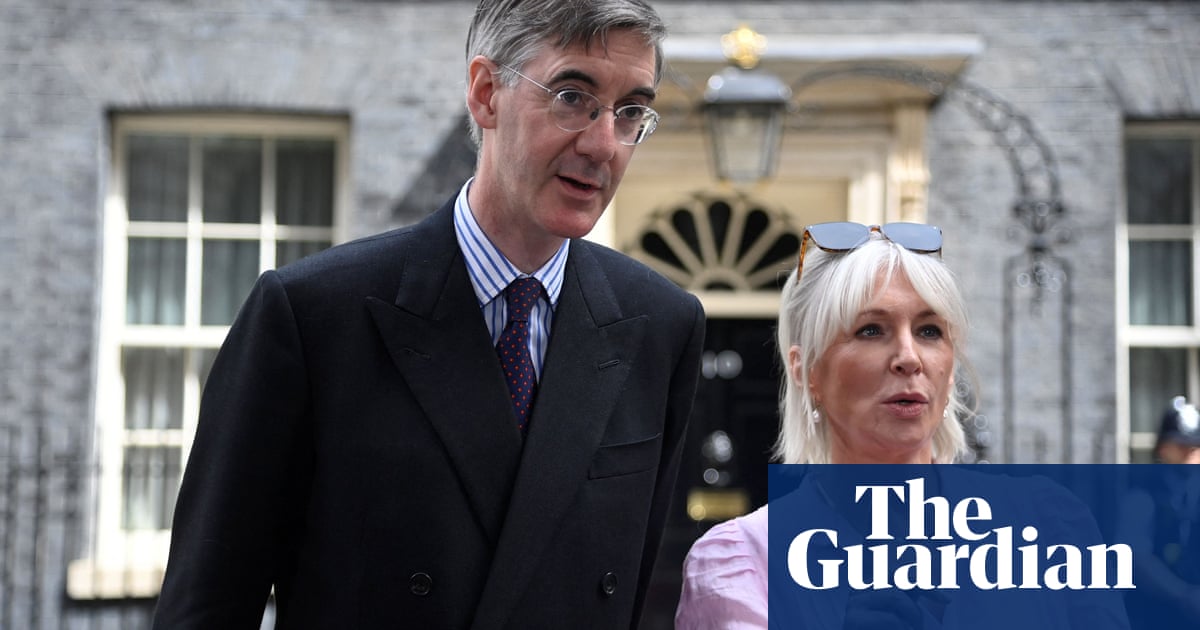
Boris Johnson has repeatedly refused to commit to maintaining UK overseas aid spending at 0.7% of GDP, in a Commons debate where he unveiled a £16.5bn, four-year boost to the defence budget that he said would help equip the military with “directed energy weapons”.
The prime minister was challenged by Labour’s Keir Starmer to explain how the defence announcement would be paid for and to honour a “very clear” Conservative manifesto commitment to maintain the aid budget.
Johnson said the additional defence spending represented “the biggest package of our support for our services since the cold war” and added: “There is absolutely no relation to discussions about overseas aid.”
This week it emerged that the Treasury wanted to reduce the overseas aid budget from 0.7% of GDP to 0.5%, cutting billions more from aid spending after a £2.9bn reduction as a result of the economy shrinking in the pandemic.
Andrew Mitchell, a former development secretary, asked Johnson whether he would commit to the 0.7% target, arguing that it would stand the prime minister “in very good stead as he assumes the chairmanship of the G7”.
Again, Johnson declined to publicly recommit to the figure, although he said the UK could be “very proud of our record in overseas aid”. But he added: “What I can say is … this statement is about our defence and security, and there’s no read-across to any other issue.”
The spending boost will lift the £41.5bn annual defence budget by roughly £5bn a year, because the extra £16.5bn will come on top of a previous commitment to lift the budget by just above inflation. The total uplift is £21.5bn, the biggest defence increase since the early days of Margaret Thatcher’s premiership.
Johnson told MPs that the budget increase would allow the British military to invest in new technology, arguing that it would help soldiers in hostile territory to “be alerted to a distinct ambush by sensors or satellites or drones instantly transmitting a warning, using artificial intelligence to devise the optimal responses”.
He said the armed forces would be able to order “a swarm attack by drones paralysing the enemy with the weapons”, and that British warships and combat vehicles “will carry directed energy weapons” – a reference to emerging laser and radio frequency weapons. It is unclear how effective they are.












